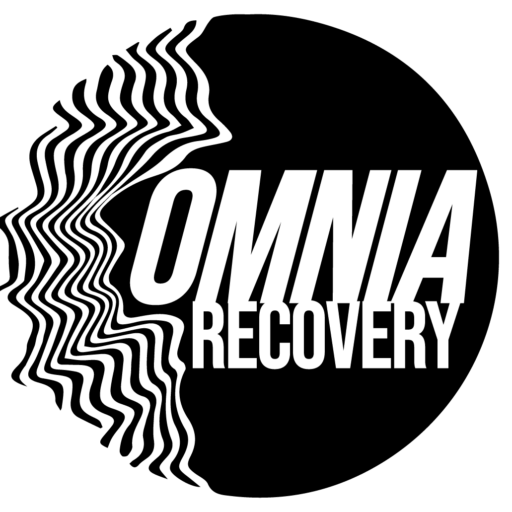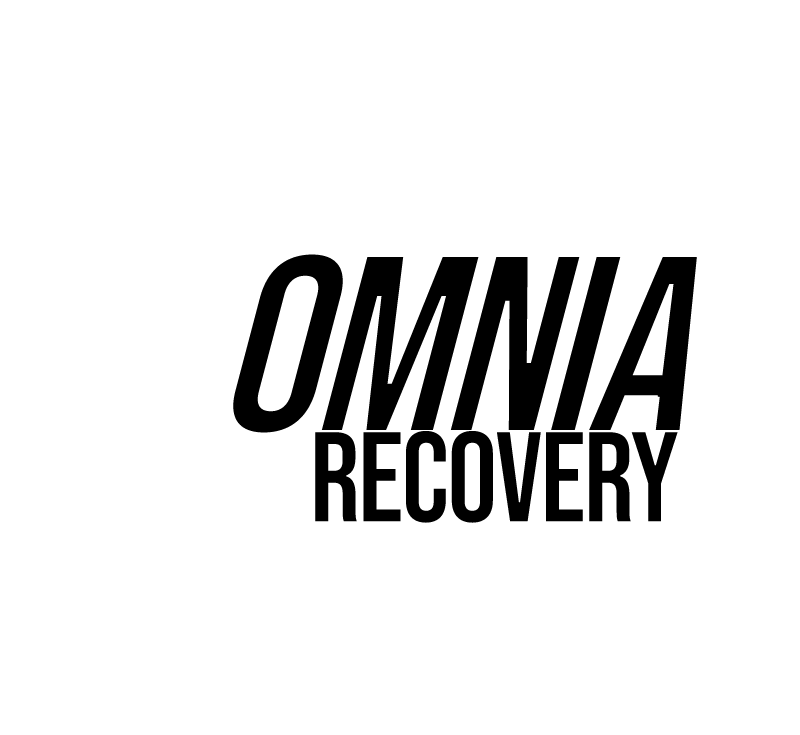For many, a social drink is a pleasant way to relax and connect with others, but for some, it can lead to a more serious problem: alcohol dependence.
Alcohol dependence, commonly known as alcoholism, is a chronic disease characterized by an inability to control drinking despite negative consequences. It can affect anyone, regardless of age, gender, or background. Fortunately, there are steps you can take to reduce your risk of developing alcohol dependence. Keep reading for practical tip on how to avoid alcohol dependence.
How to Avoid Alcohol Dependence
Understand Your Limits
Knowing your limits when it comes to alcohol consumption is crucial. The Centers for Disease Control and Prevention (CDC) defines moderate drinking as between three and seven drinks a week for women and between three and 14 drinks a week for men. Drinking within these limits reduces the risk of developing alcohol-related problems.
Avoid Binge Drinking
Binge drinking, which is defined as drinking five or more drinks for men (four or more for women) on a single occasion, can increase your risk of developing alcohol dependence. Pace yourself and stick to the moderate drinking guidelines to protect your health.
Develop Healthy Coping Mechanisms
Instead of turning to alcohol during times of stress or boredom, find healthier ways to cope. Exercise, meditation, and spending time with loved ones are all effective stress relievers that don’t involve alcohol.
Seek Support
If you find yourself drinking more than you intended or feel unable to control your alcohol consumption, don’t hesitate to seek support. Talk to a trusted friend, family member, or medical professional who can help you navigate your concerns.
Know Your Family History
Genetics play a role in the development of alcohol dependence. If you have a family history of alcoholism, you may be at increased risk. Knowing your family history can help you make informed decisions about your alcohol consumption.
Set Boundaries
If you choose to drink alcohol, set boundaries for yourself and stick to them. Plan ahead by deciding how many drinks you will have and when you will stop. Avoid situations where you may be tempted to drink excessively.
Consider Professional Help
If you’re concerned about your drinking habits or find it difficult to cut back on your own, consider seeking professional help. Behavioral health treatment centers like Omnia Recovery in Southern California offer comprehensive programs designed to help individuals recover from alcohol dependence and develop healthy coping strategies.
Find Help at Our Alcohol Rehab in Los Angeles
While moderate alcohol consumption can be a part of a healthy lifestyle for many people, it’s essential to be mindful of the risks associated with alcohol dependence. By understanding your limits, avoiding binge drinking, developing healthy coping mechanisms, seeking support when needed, knowing your family history, setting boundaries, and considering professional help, you can reduce your risk of developing alcohol dependence and live a healthier, more balanced life.
If you or someone you know is struggling with alcohol dependence, don’t hesitate to reach out for help. Taking steps to address the issue early can make a significant difference in your overall health and well-being.Omnia Recovery is a Thousand Oaks behavioral health center offering outpatient rehab programs. For more information on our alcohol dependence and treatment options, contact our alcohol rehab today.




